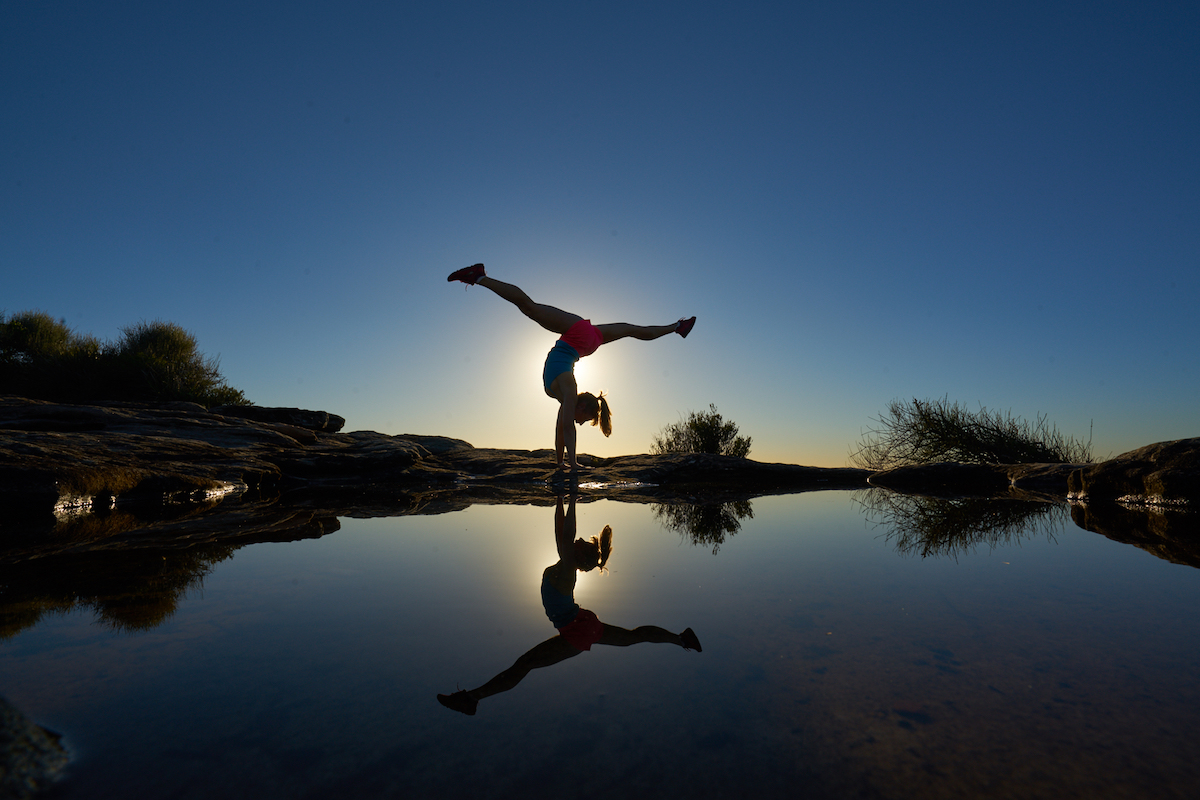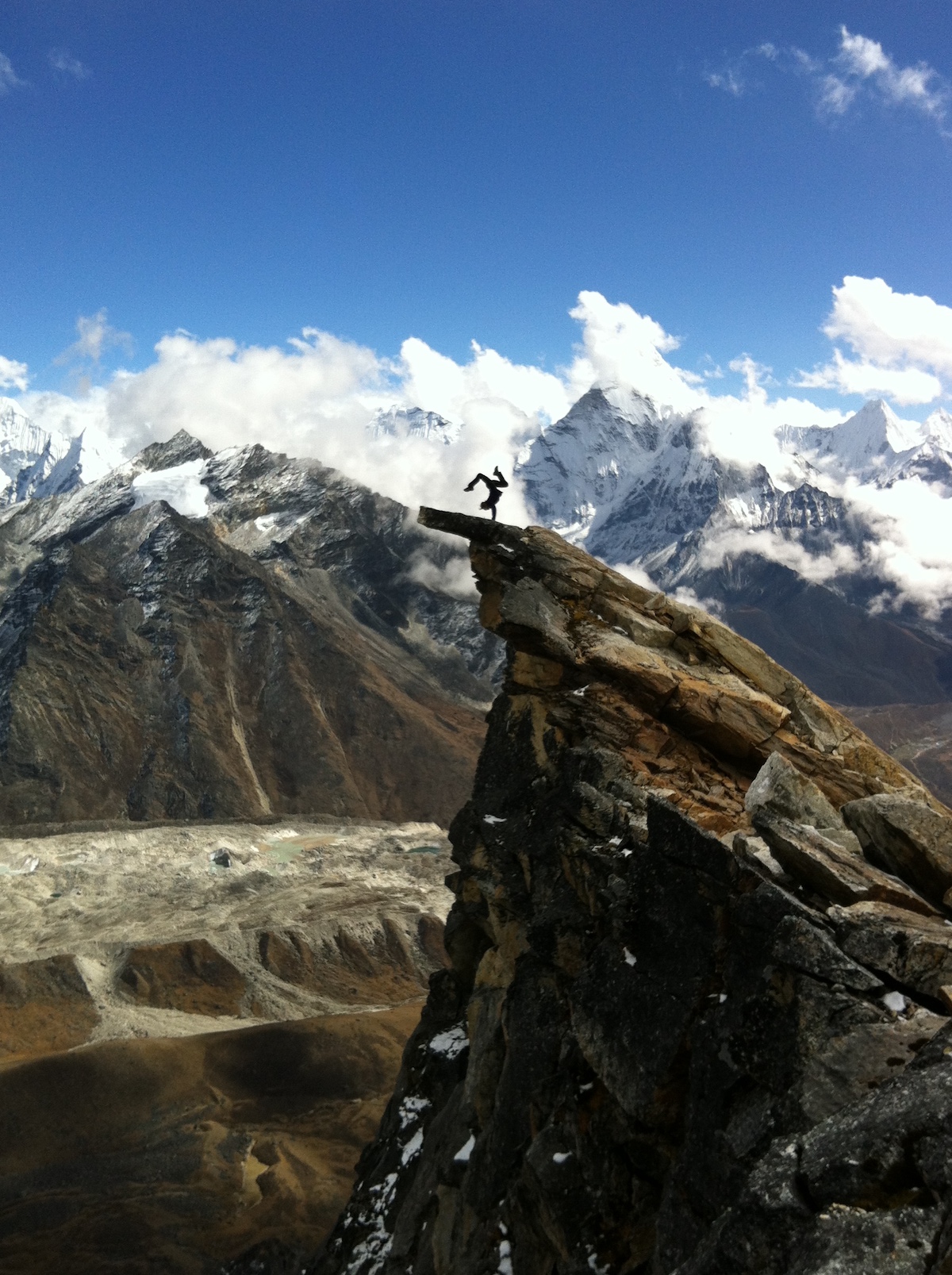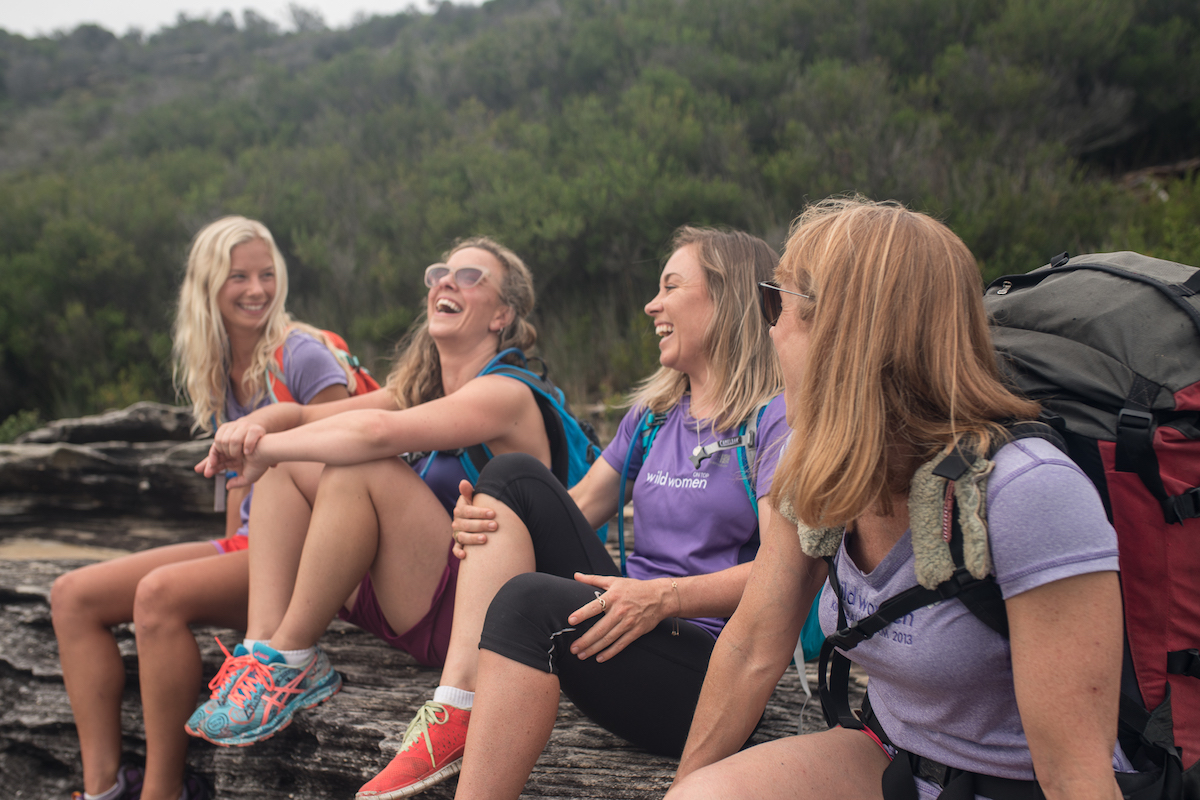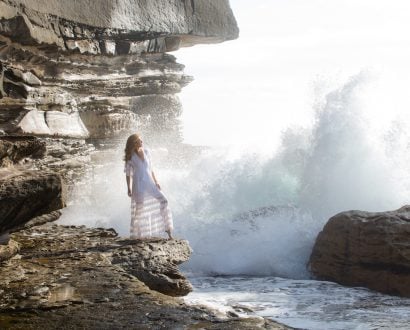When my business partner of 10 years announced that she was quitting as Director and selling her shares, I was shocked. Those feelings of imposter syndrome I’d never quite managed to shake off started to kick me in the stomach again. I was worried for the future of my business and family. There was nowhere to run and nowhere to hide – this was a big, scary project I had to face head on.
I knew the fear wasn’t real. I wasn’t in danger. But until the initial shock waned, I coudn’t see this challenge as an opportunity; it was more like a nightmare. I know what real fear feels like. I know what it’s like to be scared for my life.
Sixteen years ago, as I stood near the summit of the highest mountain in the southern hemisphere thinking I was going to die, I knew nothing about running a business or being a CEO.

But the lessons from that experience taught me more than any personal development course or entrepreneurship workshop ever could. Extreme adventures have given me the courage to survive great personal trauma, handle the challenges of being a CEO and create a social enterprise that transforms millions of lives.
I’m not that clever and I don’t have a PhD – as my kids remind me. But I do know about mental toughness and grit. I’ve learned this from adventure. Anyone who regularly pushes their body past the point of discomfort, whether it’s with interval or strength training, sport, yoga, spin, pool sprints, rock climbing or working all night to meet a deadline, knows mental toughness.
These experiences, which help you achieve your goals, give you the skills to master life. They toughen you up so you can handle disaster, stress and conflict better. One of my clients explained it like this. She was about to present to her Board for the first time when she opened her mouth and nothing came out. Her stomach knotted and her throat dried.
Then she had a flashback to a night adventure hike where she found herself teetering on a rock ledge below the Sydney sea cliffs by torch light as the waves smashed about. Gripped by the same knotted stomach, she took a deep breath and crawled to safety.

Adventure involves an element of risk – either real or perceived – which makes it an ideal way to build mental toughness.
And in that moment, in front of her Board, she acknowledged that her fear was only in her mind; she wasn’t going to die and she just needed to breathe. She joked about fearing public speaking more than death and then launched into an awesome presentation.
Adventure involves an element of risk – either real or perceived – which makes it an ideal way to build mental toughness. Research shows it is not strength, talent, genetics, smarts or leadership potential that accurately predicts success. It is grit and mental toughness.
In a world consumed by comfort, many of us never experience physical challenges and the extraordinary benefits these bring. But lots of good leaders do. They actively seek physical challenges to not just improve their fitness but give them resilience and mental toughness.
As life has got more comfortable there’s been a corresponding increase in mental illness with one in five Australians affected. As leaders, we must find new ways to promote health and wellbeing. Physical adventure challenges enhance performance, because they provide a fun opportunity to practice suffering in small doses while improving mental and physical health.
Suffering is only part of the picture. Active adventures in nature also give us something to look forward to. They’re fun, thrilling and offer us opportunities to experience surprise and delight. Adventures inspire you to live healthier, which in turn promotes productivity and power in the workplace.
3 ways to build mental toughness for yourself and your team
-
Understand that you’ll be more successful if you have mental toughness and grit:
In all behaviour-change models, the first step is decision and this comes from understanding the science of why we do what we do and the benefits this will bring.
-
Do one small thing every day to practice mental toughness:
Fearlessness comes from facing fear frequently so get up in the cold for a sunrise workout, take a 10-minute walk in the rain, practice yoga, do an extra rep at the gym or make dinner for your mother-in-law.
-
Stay focused on your corporate or personal why:
Daily focus on why you do what you do helps you commit to staying healthy so you can make a difference. Reinforcing your purpose is motivating and energising even if the big picture mission seems impossible.
Mentally tough athletes are those who do that extra push-up, run that extra kilometre, or bust out that extra workout when it’s raining. Mentally tough leaders are those who don’t let negative feedback, stress, failure and hectic schedules prevent them from marching towards their next goal every day.
Developing mental toughness so that you can be the best version of yourself is one of your highest callings and active adventure is the most fun way to toughen up.
Images: Wild Women On Top







